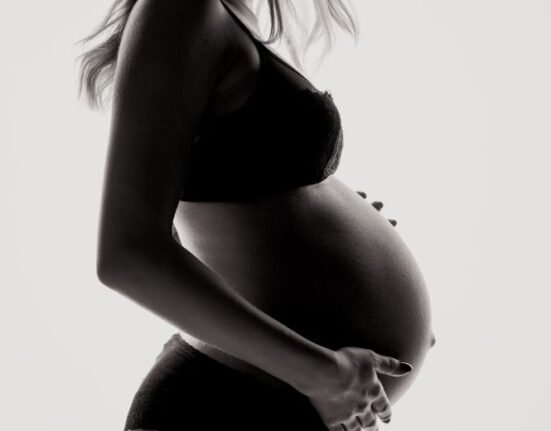HQ Team
November 5, 2022: There are many restrictions for pregnant women. No alcohol or drugs, and certain foods and fruits are a big no-no. Caffeine intake has to be regulated too.
Now a recent study on coffee and its effect on pregnancy says that it can impact a child’s height. The study published in JAMA found that pregnant women who consumed caffeine had children who were shorter in stature in early childhood.
Researchers examined a data cohort of mothers between 1959–1965 and children between 1960–1974. They then examined a more recent cohort of mothers and children between 2009–2013 and 2017–2019.
In this cohort study, at ages 4 to 8 years, children of women with low measured caffeine and paraxanthine (a metabolite of caffeine) consumption during pregnancy were shorter than the children of women who consumed no caffeine during pregnancy, with increasing gaps in height in a historical cohort through age 8 years. There were no clear patterns of weight or body mass index changes.
There was about a 2-centimetre height difference between children whose mothers had caffeine and children whose mothers did not.
Coffee intake implications
The analysis indicated that caffeine consumption during pregnancy was associated with children being shorter later in life.
Study author Dr Jessica Gleason Ph.D., MPH, said in an interview, “The main takeaway is that even low exposure to caffeine during pregnancy was associated with shorter height in childhood. There have only been a handful of studies that are similar to ours, and none had evaluated height separately from overall BMI. Considering prior research, I was a little surprised that we found no association between caffeine exposure during pregnancy and child weight but found such a consistent association between caffeine and child height even up until age 8.”
In fact, the American College of Obstetricians and Gynecologists states that less than 200 milligrams of caffeine during pregnancy is considered safe.
Maternal caffeine consumption during pregnancy, even in modest amounts (eg, 50 mg or one-half cup of coffee per day), is associated with lower birth weight and higher rates of birth weight below 2500 g.
The study team also observed that though decreased child height could contribute to an increased risk of overweight or obesity, no such strong evidence for such an association was found. This is consistent with another study that found no increased risk of obesity in children with shorter height.
Dr. Gleason added that shorter height could lead to further health problems if they persist into adulthood.
“It would be important to determine whether height differences persist beyond childhood, as shorter height in adulthood has been associated with a higher risk of diabetes and cardiovascular disease.”
Study limitations
The study had several limitations that need to be considered. The body mass index and other factors such as maternal diet, paternal height and other confounding factors. Also, some data is from a historical cohort which itself has certain implications about social, dietary and economic factors.
Dr. Gleason noted that looking at longer-term follow-up would be a helpful component of further research.
“It would be important to explore this association between maternal caffeine consumption and child growth in later childhood to see if kids eventually ‘catch up’ in height—ideally, following the children into their early 20s after growth has stabilized. Until we have this long-term follow-up data, we cannot determine the clinical implications of shorter height measures.”








